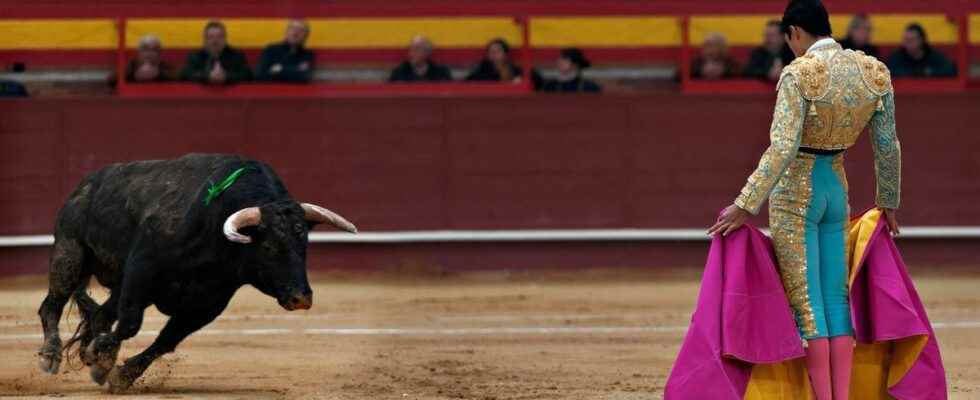Published on
Updated
Reading 2 mins.
Watching the killing of an animal live or on television is not without consequences for the youngest. Explanations while a text aimed at banning bullfighting should soon be examined by the National Assembly.
While a bill to abolish bullfighting is to be debated in the Assembly on November 24, Laurent Bègue-Shankland, professor of social psychology, wonders about the psychological impact of bullfighting on young children. His reflections were published in the columns of The Conversation.
Bullfighting generates a feeling of distress in the little ones
Although we lack specific data on the subject, one thing is certain according to the professor: violent scenes generate more distress in the youngest and studies prove it.
Besides, “the sight of blood is something that really upsets younger people, whether we base on the observations of their parents Where according to the interested parties“, he specifies.
Another reason that would explain the increased sensitivity of children to bullfights is the affection for animals: toddlers “are more attached than adults to the fate of animals“.
The professor of psychology supports his statements by relaying various studies on this subject.
Works published in the Journals Wise thus show that between a canine life and a human life, 35% of children favor humans, 28% the dog and the others are unable to make a decision. Adults are much more decided on the subject, since the majority of them (85%) favor human life.
Another study, carried out among 240 children aged 9 to 12, sheds light on the feeling of rejection of toddlers in the face of a bull’s execution. Indeed, to the question “How do you feel when watching a bullfight?“, 10.4% answered being happy, 36.8% being indifferent, and 52.8% feeling sad.
Finally, the children who had to observe bullfighting scenes accompanied by festive commentaries “felt more anxious and showed more hostility“.
Good in your body, good in your head!
Scenes that can cause children to become violent
According to Professor Bègue-Shankland, the trivialization of violence among the youngest must be taken seriously.
Several studies also agree on the fact that a child confronted with a violent scene, even if he does not show negative emotions at the time, can react badly afterwards. These emotions can resurface on different occasions, for example at school or in his sleep.
A French survey, conducted among 12,500 teenagers, had also revealed that nearly 7% of the participants surveyed had already been cruel to animals. A behavior that was later carried over to their little comrades.
In this context, The Committee on the Rights of the Child, an international convention that promotes the mental health and well-being of children, is concerned about the impact of bullfighting on children under 18. It remains to be seen whether the French government will be as sensitive to this question.
